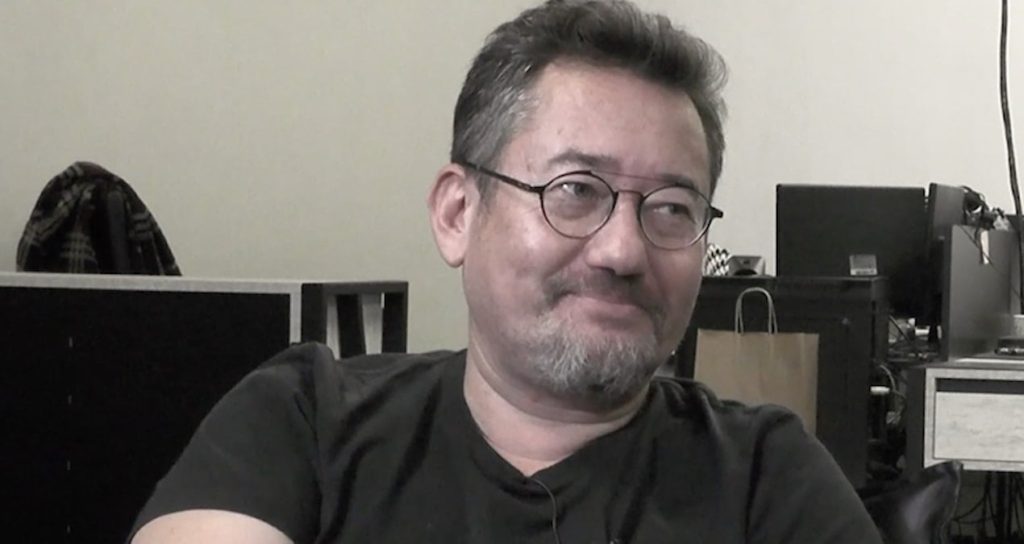In a developing story that has gained significant media attention, journalist Serdar Akinan has filed a criminal complaint concerning remarks made by Ebubekir Sahin, head of the Radio and Television Supreme Council (RTÜK). Akinan’s criticisms of Sahin’s leadership and integrity have sparked a heated exchange, with Sahin denouncing Akinan’s allegations as unfounded. The unfolding situation raises questions about freedom of the press and the integrity of political discourse in the current landscape.
| Article Subheadings |
|---|
| 1) Overview of the Complaint Filed |
| 2) Sahin’s Defense and Reactions |
| 3) The Impact of Akinan’s Allegations |
| 4) Legal Implications of the Dispute |
| 5) Future Developments to Watch |
Overview of the Complaint Filed
On July 10, 2025, journalist Serdar Akinan filed a formal complaint with the Ankara Chief Public Prosecutor’s Office, launching a confrontation that has drawn considerable public interest. The complaint stems from Akinan’s claims regarding the operations and transparency of RTÜK under Ebubekir Sahin‘s oversight. Akinan has pointed to perceived lapses in Sahin’s commitment to journalistic integrity and accountability. Akinan argues that Sahin’s administration has engaged in actions detrimental to free speech, overshadowing the democratic principles that should govern media operations. Additionally, Akinan’s allegations include suggestions that Sahin is complicit in efforts to manipulate public perception, raising critical questions about ethical journalism and governance.
Sahin’s Defense and Reactions
In response to Akinan’s complaint, Ebubekir Sahin has categorically dismissed the charges as unfounded. During a recent statement, Sahin noted that the claims are “not worth answering,” implying that they lack substantive basis. He specifically targeted Akinan, accusing him of being an agent of misinformation purportedly aligned with various groups looking to undermine public trust. Sahin’s rhetoric underscores a broader narrative that seeks to portray such criticism as strategic attacks rather than legitimate inquiries. “Some individuals who have no rightful place in journalism are accelerating their efforts to mislead the public,” Sahin stated, explicitly calling out Akinan as part of a network that favors sensationalism over factual reporting.
The Impact of Akinan’s Allegations
The allegations made by Akinan could have wide-reaching implications not only for Sahin and RTÜK but also for the media landscape in general. As various media organizations and civil rights advocates evaluate Akinan’s claims, a spotlight is projected on the challenges facing journalists today. This incident arrives at a time when many within the media are grappling with public skepticism regarding credibility and motives. Should Akinan’s allegations lead to formal investigations or shifts in policy, this could mark a pivotal moment in the relationship between press entities and governmental oversight bodies. Furthermore, this tension raises broader themes about the state of free speech and whether journalists can operate without fear of reprisal in their investigative efforts.
Legal Implications of the Dispute
The legal ramifications of the complaint filed by Akinan could shape future discourse around press freedom in the region. With Sahin vowing to use all legal channels available to counter what he refers to as an organized smear campaign, both parties are preparing for a potential legal battle. In the past, similar disputes have led to increased scrutiny on the laws governing media entities, with implications for how journalism is practiced. Observers predict that this case could become a significant landmark due to its impact on judicial interpretations concerning defamation, freedom of expression, and the limits of accountability for public figures. This dispute could prompt further dialogue on the necessity of safeguarding journalistic rights against undue governmental influence.
Future Developments to Watch
Moving forward, several developments are anticipated that could significantly alter the course of this ongoing dispute. A formal investigation into Akinan’s complaints may emerge, and how the Ankara Chief Public Prosecutor’s Office chooses to respond will be crucial. Additionally, further statements or actions from both Sahin and Akinan could provide insights into the evolving narrative surrounding this conflict. Observers will also be closely monitoring public sentiment, as reactions on social media platforms could catalyze momentum for either party. The elements at play within this dispute resonate broadly, likely contributing to a larger, more complex dialogue about press freedoms and the intricate role that bureaucratic structures play in influencing the media landscape.
| No. | Key Points |
|---|---|
| 1 | Journalist Serdar Akinan has filed a complaint against Ebubekir Sahin, the head of RTÜK. |
| 2 | Sahin has dismissed the allegations as unfounded and indicative of misinformation. |
| 3 | The legal ramifications of this dispute could influence future press freedom discussions. |
| 4 | Public reactions and social media discourse will play a crucial role in shaping the outcome. |
| 5 | The outcome may lead to formal investigations and influence media governance policies. |
Summary
The unfolding conflict between journalist Serdar Akinan and RTÜK President Ebubekir Sahin is emblematic of the broader challenges facing journalism in a politically charged environment. As Akinan’s allegations of impropriety and lack of integrity gain attention, the potential implications ripple through the legal and political landscape, raising essential questions about accountability and freedom of action in media. The next steps following this complaint will serve as a critical litmus test for the balance between political power and journalistic freedom.
Frequently Asked Questions
Question: What are the main allegations made by Akinan?
Akinan alleges that Sahin’s leadership has compromised journalistic integrity and transparency while manipulating public perception.
Question: How has Sahin responded to Akinan’s accusations?
Sahin has dismissed the allegations as unfounded, calling Akinan’s claims an organized smear campaign against his institution.
Question: What are the potential legal consequences of this dispute?
If formal investigations take place, the dispute could set precedents for press freedom and accountability laws in the region.


